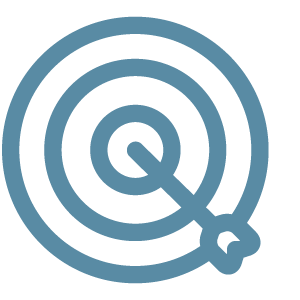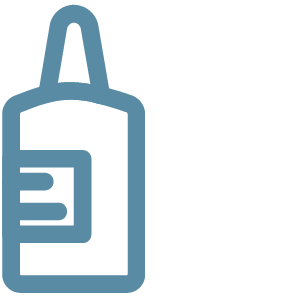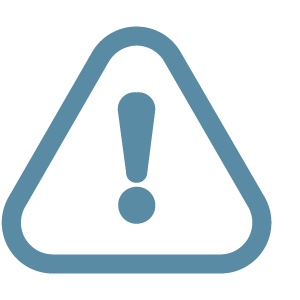
To break down acne-causing blockages in the skin

Skin irritation, redness and soreness. See product packaging for full details

Do not use whilst you have inflamed acne. See product packaging for full details
Scrubs and exfoliating brushes are acne treatments that are available over the counter, without having to see a doctor or nurse.
Scrubs and exfoliating brushes are mechanical exfoliators, meaning that they work by physical contact as opposed to chemical reaction. Exfoliating is a way of removing whiteheads and blackheads, trapped skin cells, oil, cosmetics and other follicle-blocking substances from your skin.
There are many brands of face and body scrubs available and they all largely work in the same way, through small particles. The idea is that the movement of these small particles over the skin will physically break down any trapped skin cells, oil or debris and remove it. Exfoliating brushes work in the same way, with the movement of the bristles sweeping away trapped debris.
Mechanical exfoliation generally doesn’t reach as deeply into hair follicles as chemical exfoliation. You can try steaming your skin (which means exposing your skin to a safe temperature of steam, using an appliance such as face steamer) prior to exfoliating with a scrub or a brush, as this will loosen the blockages in your hair follicles.
One of the side effects of using scrubs or exfoliating brushes can be irritated skin. It is advised that you don’t scrub your skin harshly as this will only damage the skin and leave it sore, red and blotchy. It is also advised that you don’t use scrubs or exfoliating brushes whilst you have inflamed acne, as they are likely to irritate the acne lesions and may lead to an increased risk of scarring.
Whether using chemical exfoliation, mechanical exfoliation, or both, trial the treatment for at least twelve weeks, as it takes time for your skin to respond to the treatments and, in the case of chemical exfoliation, for the acids to be able to penetrate deeper into the skin. However, if your skin is reacting badly to the treatment, for example becoming very red or sore, then you should of course stop the treatment rather than continuing for 12 weeks.
Whilst your skin is prone to acne, you should continue to exfoliate even after your acne symptoms have improved. The skin sheds its top layer every twenty-eight days and acne problems may reoccur if the treatment has been stopped.
Scrubs and exfoliating brushes are often used as part of a wider acne treatment regime. These regimes involve using acne treatments and sometimes other products in an organised way with the aim of maximising the treatment’s effectiveness. It is important to remember that not all acne treatments can be used safely together and that you should seek the advice of your pharmacist or healthcare provider before starting or combining any treatments. Click here for an example of an acne treatment regime.
Please note that over-the-counter treatments are unlikely to be effective against severe acne. That is acne that consists of many lesions covering an area, with cysts and nodules being present, and is often scarring. If you have acne that has lasted for several weeks and is getting worse, is leaving scars or is affecting your mental health then you should arrange to visit your GP.